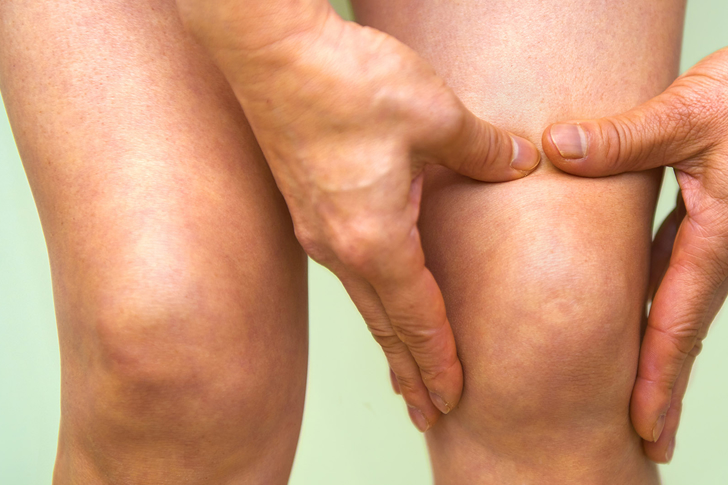Lifestyle Tips for Living Well with Psoriatic Arthritis
Psoriatic arthritis (PsA) is a chronic autoimmune disease characterized by inflammation of the skin and joints. According to the National Psoriasis Foundation, individuals with psoriasis will develop psoriatic arthritis, which can lead to joint damage and significant discomfort if not properly managed. This guide provides actionable tips for those living with PsA, focusing on lifestyle changes and management techniques to enhance quality of life.

Understanding Psoriatic Arthritis
Psoriatic arthritis can cause swelling, pain, and stiffness in affected joints and is often accompanied by the skin lesions associated with psoriasis. It can also affect the eyes, nails, and other organs. Early diagnosis and treatment are crucial to prevent irreversible joint damage and manage the wide-ranging symptoms effectively.
Key Lifestyle Changes for Managing Psoriatic Arthritis
1. Diet and Nutrition:
- Anti-inflammatory Foods: Incorporating anti-inflammatory foods such as fatty fish, nuts, olive oil, and colorful fruits and vegetables can help reduce joint inflammation.
- Avoid Inflammatory Foods: Reducing intake of red meat, processed foods, and refined sugars may decrease flare-ups and symptoms.
- Hydration: Adequate water intake is essential to maintain joint lubrication and reduce stiffness.
2. Regular Exercise:
- Low-Impact Activities: Swimming, cycling, and walking can increase joint flexibility and strength without causing further stress.
- Stretching and Flexibility Exercises: Daily stretching routines or yoga can improve range of motion and alleviate stiffness.
- Strength Training: Building muscle can help support and protect joints affected by arthritis.
3. Weight Management:
- Excess weight can increase stress on joints, particularly those that bear weight such as the hips and knees. Maintaining a healthy weight can significantly reduce pain and prevent additional joint damage.
4. Stress Reduction:
- Chronic stress can trigger psoriatic arthritis flare-ups. Techniques such as mindfulness meditation, deep breathing exercises, and progressive muscle relaxation can help manage stress effectively.
5. Adequate Sleep:
- Proper sleep is critical for overall health and helps reduce inflammation. Adults should aim for 7-9 hours of quality sleep per night, establishing a regular sleep schedule to improve sleep quality.
6. Avoiding Alcohol and Smoking:
- Smoking and excessive alcohol use can exacerbate PsA symptoms and hinder treatment effectiveness.
Medical Management of Psoriatic Arthritis
1. Regular Medical Check-ups:
- Routine visits with a rheumatologist are crucial for monitoring the progression of the disease and adjusting treatments as necessary.
2. Medications:
- NSAIDs (Nonsteroidal Anti-Inflammatory Drugs): Often used to reduce pain and inflammation.
- DMARDs (Disease-Modifying Antirheumatic Drugs): Can slow disease progression and save joints and other tissues from permanent damage.
- Biologics: Target specific parts of the immune system that trigger inflammation and joint damage.
3. Phototherapy:
- For skin symptoms, controlled light therapy can help reduce plaques and inflammation.
4. Alternative Therapies:
- Some individuals find relief with acupuncture, massage, or chiropractic treatments, which may help manage pain and improve function.
Connecting with Support Groups
Engaging with community support groups or online forums can provide emotional support, valuable advice, and shared experiences from others living with PsA. This network can be instrumental in coping with the psychological aspects of managing a chronic condition.
Conclusion
Living well with psoriatic arthritis involves a combination of proactive lifestyle changes, medical management, and emotional support. By adopting a comprehensive approach that includes diet, exercise, stress management, and regular medical care, individuals with PsA can lead fulfilling lives despite the challenges of the disease.







Recent Comments